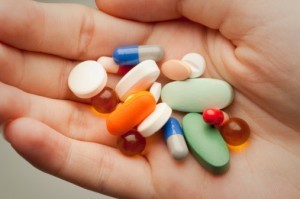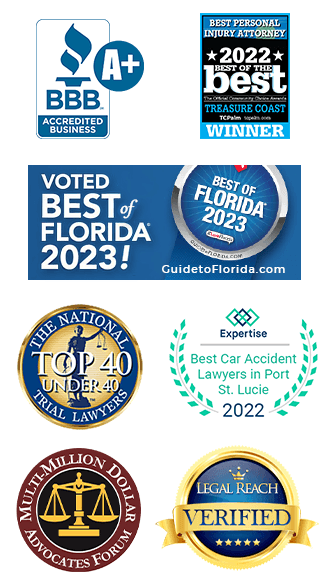 Ever since the 2012 fungal meningitis outbreak that killed at least 48 and injured hundreds more, people in Florida and nationally have been fearful of defective drugs from compounding pharmacies.
Ever since the 2012 fungal meningitis outbreak that killed at least 48 and injured hundreds more, people in Florida and nationally have been fearful of defective drugs from compounding pharmacies.
In this post we will answer some of your questions about compounding pharmacies.
The meningitis scare began last fall when it was revealed that contaminated steroid injections had been produced by the New England Compounding Pharmacy and shipped to 23 states. The distribution of the contaminated product was followed by reports of the deaths and injuries of some of the approximately 14,000 people who had received a tainted injection.
Additionally, in October 2012, the Florida Department of Health suspended compounding operations at Rejuvi Pharmaceuticals, a Boca Raton pharmacy. State inspectors found a raft of violations at the pharmacy, ranging from unsanitary conditions to poor record-keeping.
Reacting to these and other incidents, the U.S. Congress called for stricter oversight of compounding pharmacies, and the Food and Drug Administration took steps to strengthen drug safety regulations.
Five Questions and Answers From the FDA About Compounding Pharmacies:
1. What is pharmacy compounding?
Simply put, pharmacy compounding occurs when a qualified pharmacist mixes, combines, or modifies ingredients of a specific drug in response to a prescription or treatment, in order to create medication that is customized or tailored to an individual patient’s needs.
2. Why do certain patients need drugs that are compounded?
Pharmacy compounding oftentimes serves an important public health need if a particular patient is unable to receive treatment with FDA-approved medication. Examples of such needs are a patient who has an allergy and requires medication that doesn’t contain a certain dye, or an elderly or very young patient who is unable to swallow a pill and requires medicine in liquid form that is not available elsewhere.
3. Does the FDA approve compounded drugs?
Compounded drugs are not FDA-approved. This means that the FDA does not verify their quality, safety and effectiveness. It also means that the drugs lack an FDA finding of their manufacturing quality.
4. Who is in charge of regulating and inspecting compounding pharmacies?
The state’s board of pharmacy must license all compounding pharmacies in the state of Florida. The board of pharmacy is also primarily responsible for day-to-day oversight.
5. What are the risks associated with compounded drugs?
Compounded drugs have both direct and indirect health risks. Examples of direct risks are unsafe compounded products, including drugs that are adulterated or contaminated. Indirect risks, on the other hand, include the probability that patients will use compounded drugs that are ineffective over FDA-approved drugs that have already been proven to be safe and effective.
People injured by unsafe products – including food, drugs, medical devices, auto parts, toys, household items and tools – may be entitled to compensation through a Florida product liability claim.
Sources:
- U.S. Food and Drug Administration http://www.fda.gov/Drugs/GuidanceComplianceRegulatoryInformation/PharmacyCompounding/ucm339764.htm
- Yahoo! News http://news.yahoo.com/compounding-pharmacies-feeling-effects-neccs-errors-214000195.html
- The Huffington Post http://www.huffingtonpost.com/2012/10/29/rejuvi-pharmaceuticals-florida-compounding-pharmacy_n_2039741.html




